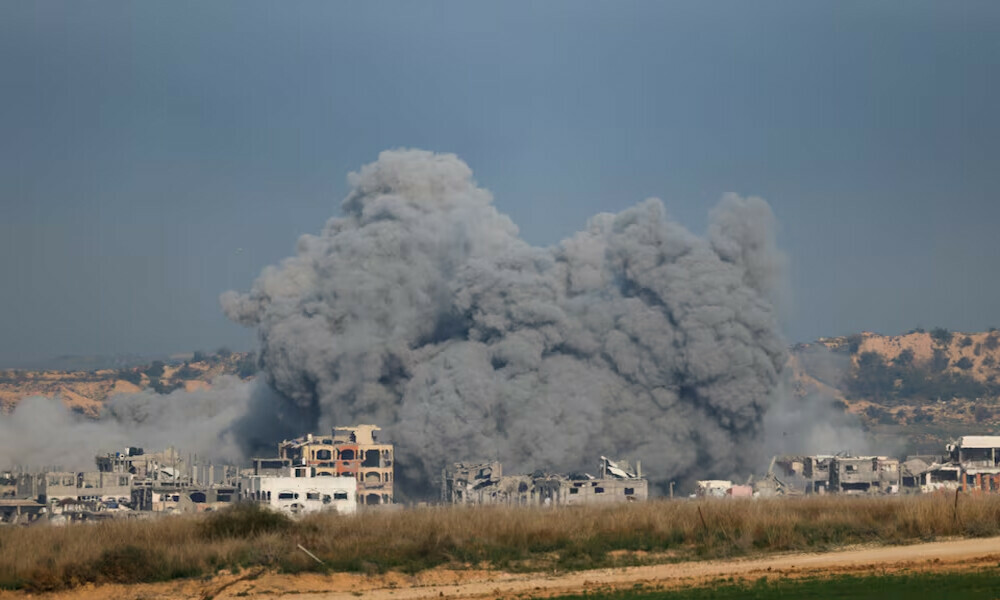The fragile political landscape of the Middle East witnessed a potential turning point on Sunday as a ceasefire deal between Israel and Hamas took effect after a three-hour delay.
The agreement seeks to pause the devastating conflict that has ravaged the Gaza Strip and caused widespread suffering for both sides.
Despite its delayed implementation, this ceasefire could mark the beginning of a significant shift in the region’s volatile dynamics.
The Delayed Ceasefire: An Overview
The ceasefire was initially scheduled to commence at 0630 GMT, but it faced a three-hour delay, during which Israeli airstrikes and artillery attacks claimed 13 Palestinian lives, according to Gaza’s health authorities.
The delay stemmed from disagreements regarding the release of hostages. Israel accused Hamas of failing to provide the names of the first three hostages to be released, while Hamas attributed the delay to unspecified “technical” issues.
The ceasefire comes after more than 15 months of intense Israeli aggression in Gaza.
Since the escalation began on October 7, 2023, following a Hamas attack that killed approximately 1,200 Israelis, Israeli airstrikes have reduced much of Gaza to rubble.
According to local health authorities, nearly 47,000 Palestinians have lost their lives during the conflict.
The devastation extended beyond the physical destruction of infrastructure. Families have been displaced, communities torn apart, and essential services rendered nearly non-existent.
The humanitarian crisis continues to escalate, leaving Gaza in dire need of international support and reconstruction.
The Ceasefire Agreement: Key Details
The ceasefire, brokered by Egypt, Qatar, and the United States, follows months of on-off negotiations. The agreement is set to unfold in three stages, with the first stage lasting six weeks. During this phase:
- The initial exchange involves three hostages being freed in return for 30 Palestinian prisoners held in Israeli jails.
- Prisoner Swap: Approximately 2,000 Palestinian detainees, including 737 men, women, and teenagers, will be released by Israel.
- Coordination with the Red Cross: The International Committee of the Red Cross (ICRC) will oversee the release process, ensuring the safe transfer of hostages and detainees.
Challenges to Lasting Peace
While the ceasefire brings temporary relief, several challenges threaten its longevity:
- Hamas’s Survival: Despite heavy losses, Hamas retains a foothold in Gaza, raising concerns about future escalations.
- Israel’s Buffer Zone Strategy: Israel’s plans to create a buffer zone could provoke resistance from Palestinians and international condemnation.
- International Legal Scrutiny: Netanyahu and other Israeli officials face potential charges at the International Criminal Court (ICC) for alleged war crimes. Israel’s rejection of these accusations underscores the deep-seated tensions between the country and the international community.
- Fragile Regional Alliances: The conflict has strained Israel’s relationships with neighboring countries and heightened regional instability. Efforts to rebuild trust and foster cooperation will require sustained diplomatic engagement.


